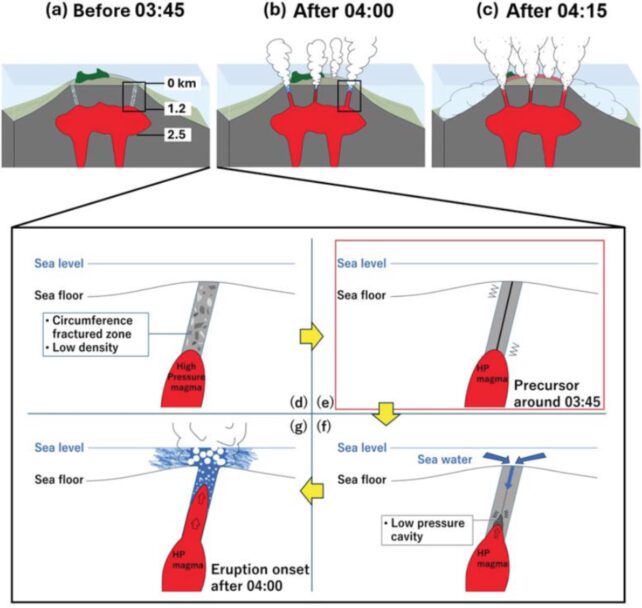Fueled by promising HEALEY-ALS Phase 2 trial data, Prilenia Therapeutics is gearing up to initiate a pivotal Phase 3 study of pridopidine, its candidate treatment for amyotrophic lateral sclerosis (ALS), in the latter half of this year.
Compared to a placebo, pridopidine showed slower disease progression, improved quality of life, and potential for extended survival among patients in the early stages of the disease. Newly diagnosed ALS patients with rapidly progressing symptoms, in particular, experienced advantages in respiratory health and speech, although enhanced speech was observed across all treated patients.
Prilenia has completed discussions with regulatory agencies worldwide regarding the next phase of pridopidine’s development.
“Based on the clinical data generated so far, pridopidine has the potential to become a significant treatment for ALS,” remarked Michael R. Hayden, PhD, a physician, and CEO and founder of Prilenia, in a company press release.
Recommended Reading

“Active planning” in progress for global ALS patient clinical trial
“It is crucial for Prilenia to advance our clinical program in ALS, and we are actively planning a single, global, pivotal Phase 3 clinical trial,” stated Hayden.
Pridopidine is an oral small molecule designed to specifically bind to and activate the sigma-1 receptor (S1R), a protein involved in several processes crucial to the function and survival of nerve cells.
Essentially, pridopidine aims to slow ALS progression by enhancing the clearance of toxic molecules, increasing energy production, reducing cellular stress, and limiting inflammation.
The HEALEY ALS (NCT04297683) platform trial aims to simultaneously assess multiple experimental ALS treatments against a shared placebo group. It is being led by researchers at the Sean M. Healey & AMG Center for ALS at Massachusetts General Hospital in Boston.
The Phase 2/3 pridopidine arm (NCT04615923) enrolled 163 adults with clinically possible, probable, or definite ALS, whose symptoms had started within the last three years.
Participants were randomly assigned to oral pridopidine (45 mg) or a matched placebo taken twice daily for 24 weeks, or about six months. This was followed by an open-label extension study, where all participants received pridopidine.
The pridopidine trial did not achieve its primary objective of demonstrating that treatment could slow functional decline compared to a placebo, as indicated by changes in ALS Functional Rating Scale-Revised (ALSFRS-R) scores. Secondary goals related to muscle strength, respiratory function, and survival were also not met.
However, pridopidine led to significant improvements in certain speech measures, including speaking rate (how fast a person can speak) and articulation rate, or how quickly and clearly someone pronounces a word, after six months.
Further analyses suggested that pridopidine’s use slowed ALSFRS-R declines in a subgroup of patients with definite ALS who were in an early disease course — within 1.5 years of symptom onset.
These patients experienced a notable, 2.4-point slower decline in ALSFRS-R scores compared with those given a placebo. Pridopidine was notably effective in slowing changes on the ALSFRS-R respiratory domain, particularly in questions related to dyspnea (shortness of breath).
Early ALS patients also experienced significantly slower declines in overall quality of life compared with a placebo, with particular benefits in the eating/drinking and communication domains.
Significant benefits observed in HEALEY trial for those with rapid progression
Even greater benefits were observed in the subset of probable or definite ALS patients who were in the early stages of the disease but were also considered to have rapidly progressing disease. In this group, pridopidine was linked to a substantial slowing of ALSFRS-R declines beginning at week eight of treatment, and with a 5.2-point difference from a placebo after 24 weeks, corresponding to a 41% slower decline.
This subgroup of early, rapidly progressing patients also demonstrated the greatest improvements compared to a placebo in terms of changes on the ALSFRS-R respiratory domain, dyspnea, and speech.
Analyses of survival spanning the main trial and its extension phase indicated that pridopidine may extend survival time for those with definite or probable ALS in the early stages of the disease.
Specifically, participants treated with pridopidine from the start of the main trial experienced a median survival of about 600 days (around 1.5 years), compared with a 300-day median survival for patients initially randomized to a placebo, representing a 57% lower risk of death.
Pridopidine was also well tolerated with no serious treatment-related adverse effects reported.
Additional support for pridopidine’s ongoing development may stem from an ongoing expanded access program. This study, (NCT06069934), is enrolling about 200 ALS patients in the U.S. who are not eligible to participate in clinical trials of pridopidine, all of whom will receive the therapy for up to two years.
“We extend our sincere appreciation to the many ALS patients, caregivers and healthcare providers who have contributed significantly to our clinical studies as well as to those who will participate in future trials,” Hayden stated.
Pridopidine has been designated an orphan drug in the U.S. and Europe for the treatment of ALS, a status that aims to expedite its clinical development. Prilenia is also developing pridopidine for Huntington’s disease.













